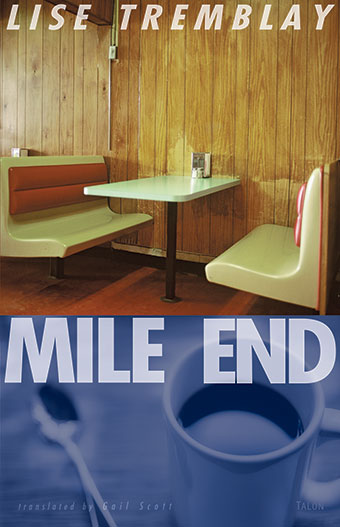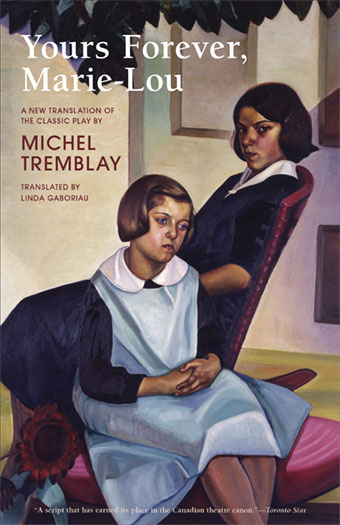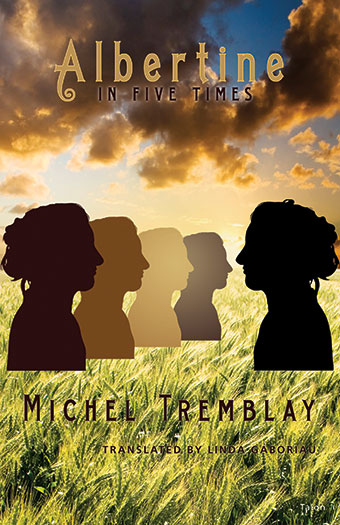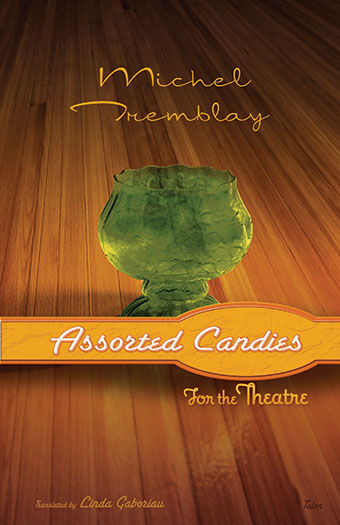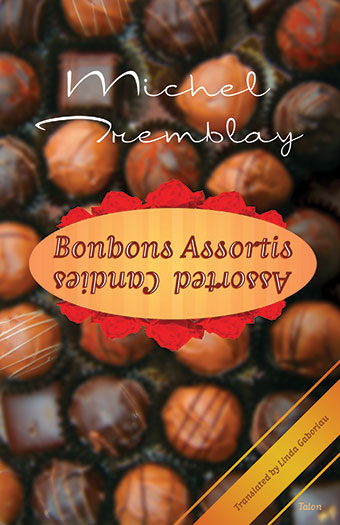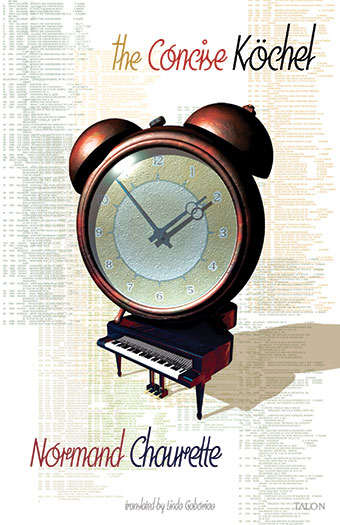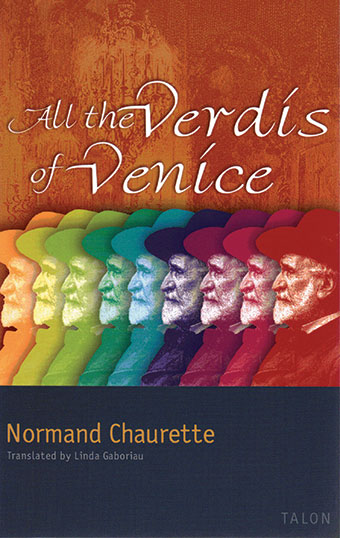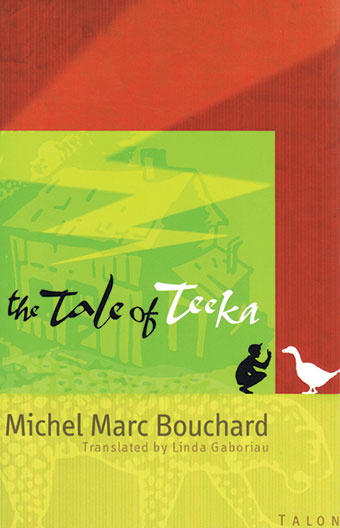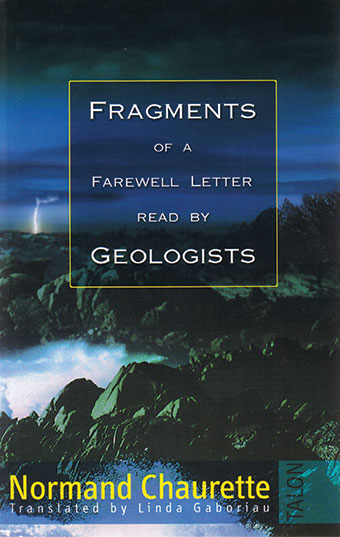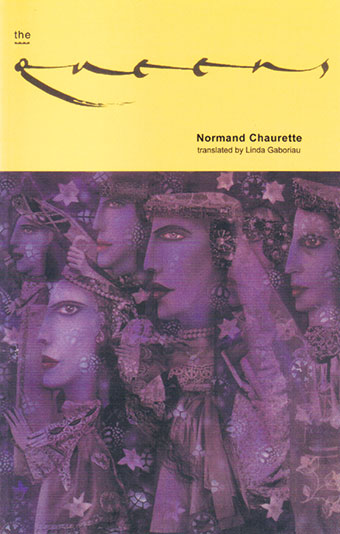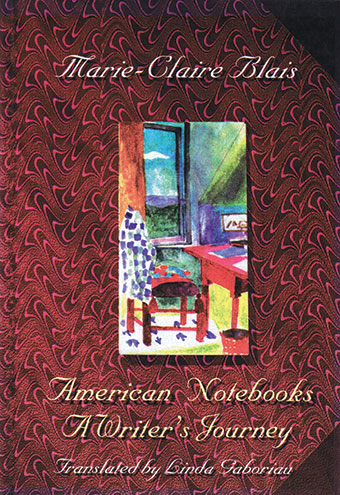Paperback / softback
ISBN:
9780889225343
Pages: 96
Pub. Date:
March 1 2006
Dimensions: 8.5" x 5.5" x 0.25"
Rights: Available: WORLD
Categories
Fiction / FIC029000
- FICTION / Short Stories (single author)
Shop local bookstores
A northern Canadian village, one of many remote settlements dotting the Quebec landscape, is in transition. Originally dependent on subsistence farming and logging, supplemented by winter hunting, its economy has gradually changed over the years: first increasingly dependent on guiding southern urbanites on hunting trips; then on providing a habitat for birdwatchers, nature tourists and collectors of antiques and local crafts; now primarily dependent on income flows from cottagers and retirees.
Each of these remarkably engaging stories is recounted by different narrators from the village’s diverse genders, social classes and employment and economic circumstances. This is a book of parentheses, which, like the spokes of a wheel or the sweep of the lines on a radar screen, gradually and collectively begin to delineate and define the eerie contemporary landscape of The Hunting Ground. Now devoid of any sense of a cohesive community or shared culture, each of these uncanny fragments of alienated and fragmented civilization and imagination is bracketed on the one hand by the passive and vacuous sentimentality of Reader’s Digest and television, and on the other by the senseless primal fury of killing and destruction. It is a clever and unsettling mockery of the many privately printed “local histories” of small towns, feeding only the yearning nostalgia of the few surviving original inhabitants; the tourist trade vainly promoted by the local town council; and the ethnographic interest of urban professionals researching and catalogueuing endangered species.
“[Lise Tremblay presents] a fictional world in a precise lucid language of a simple, graceful fluidity. A world in which the spirit of being is laid bare.”
Le Devoir



